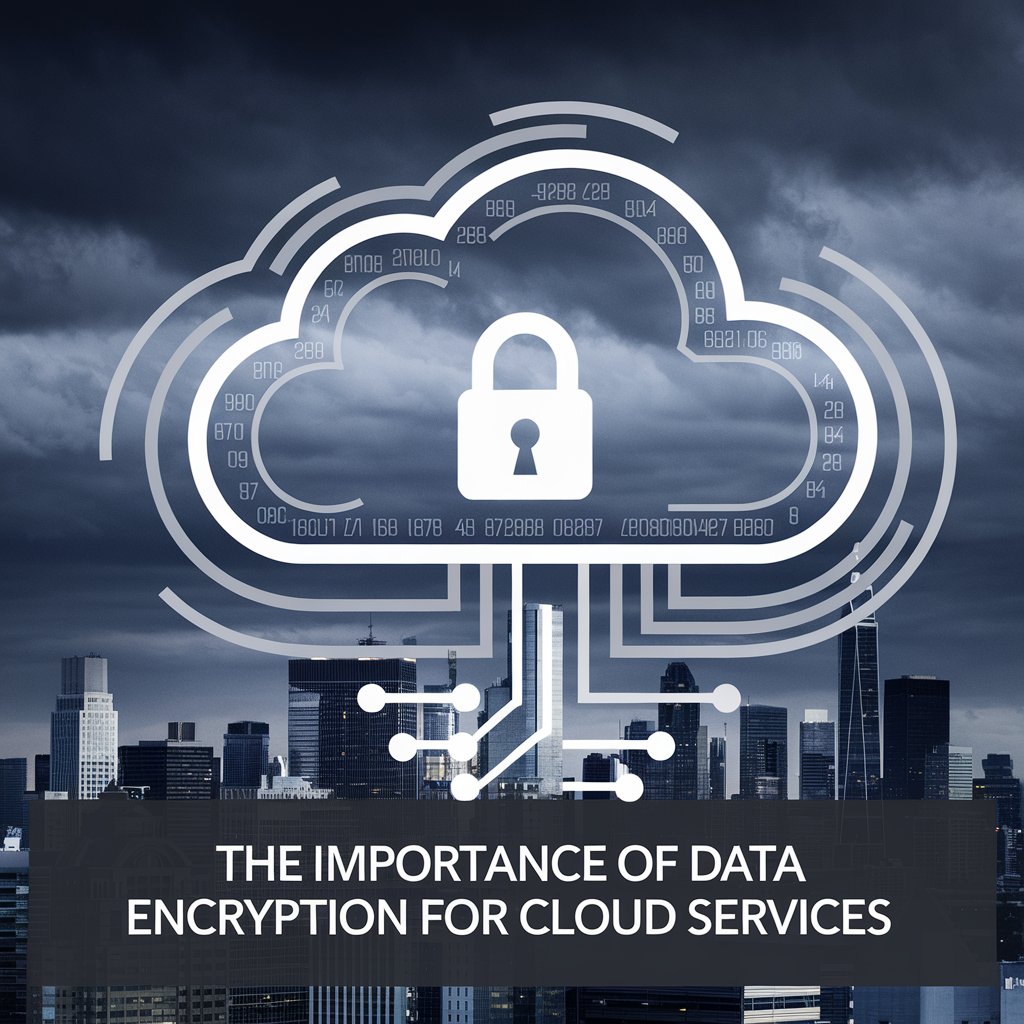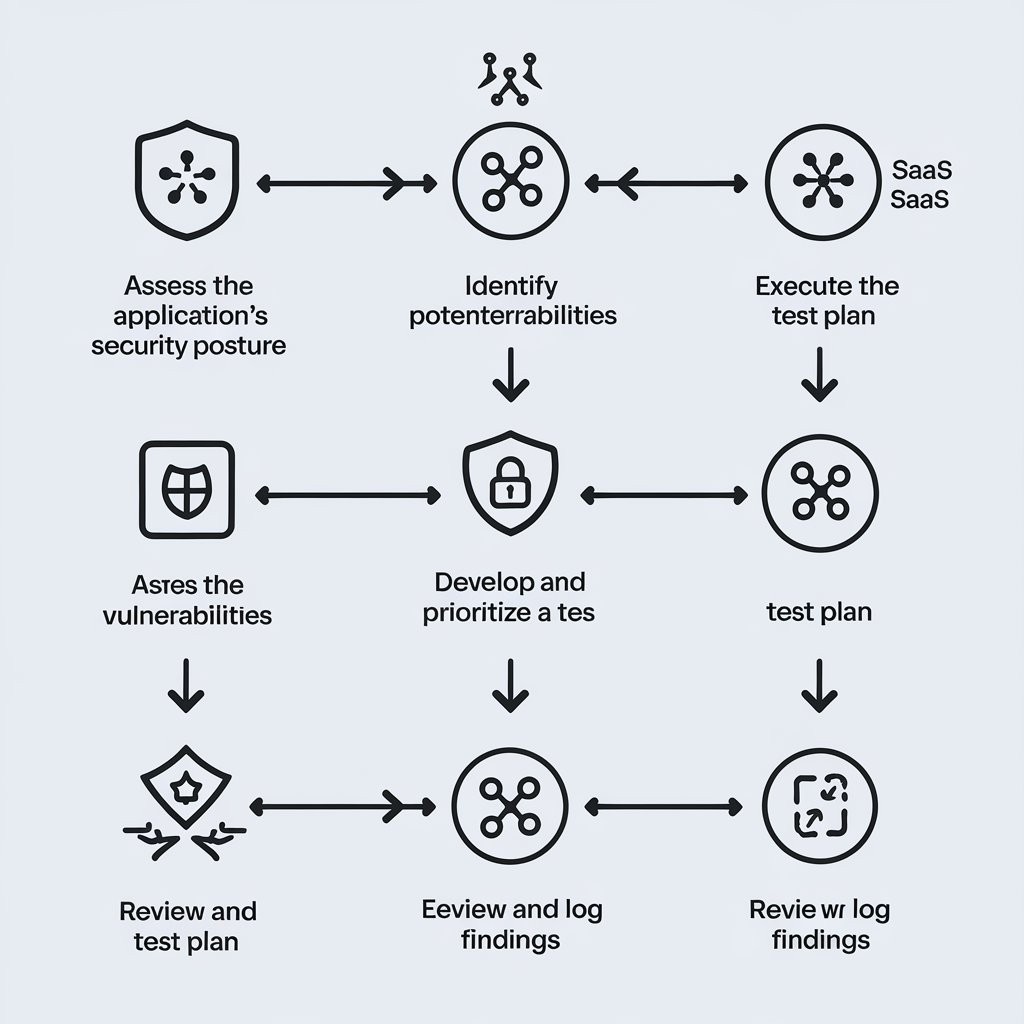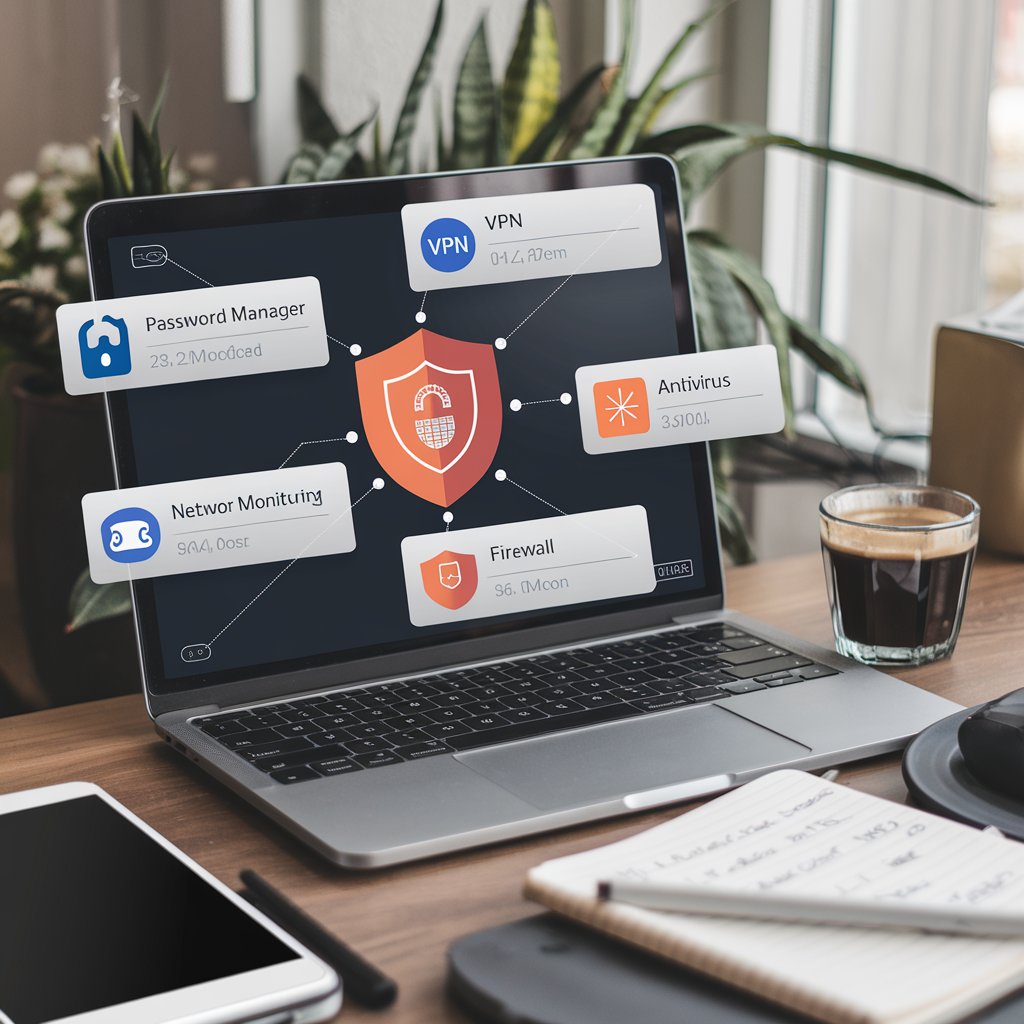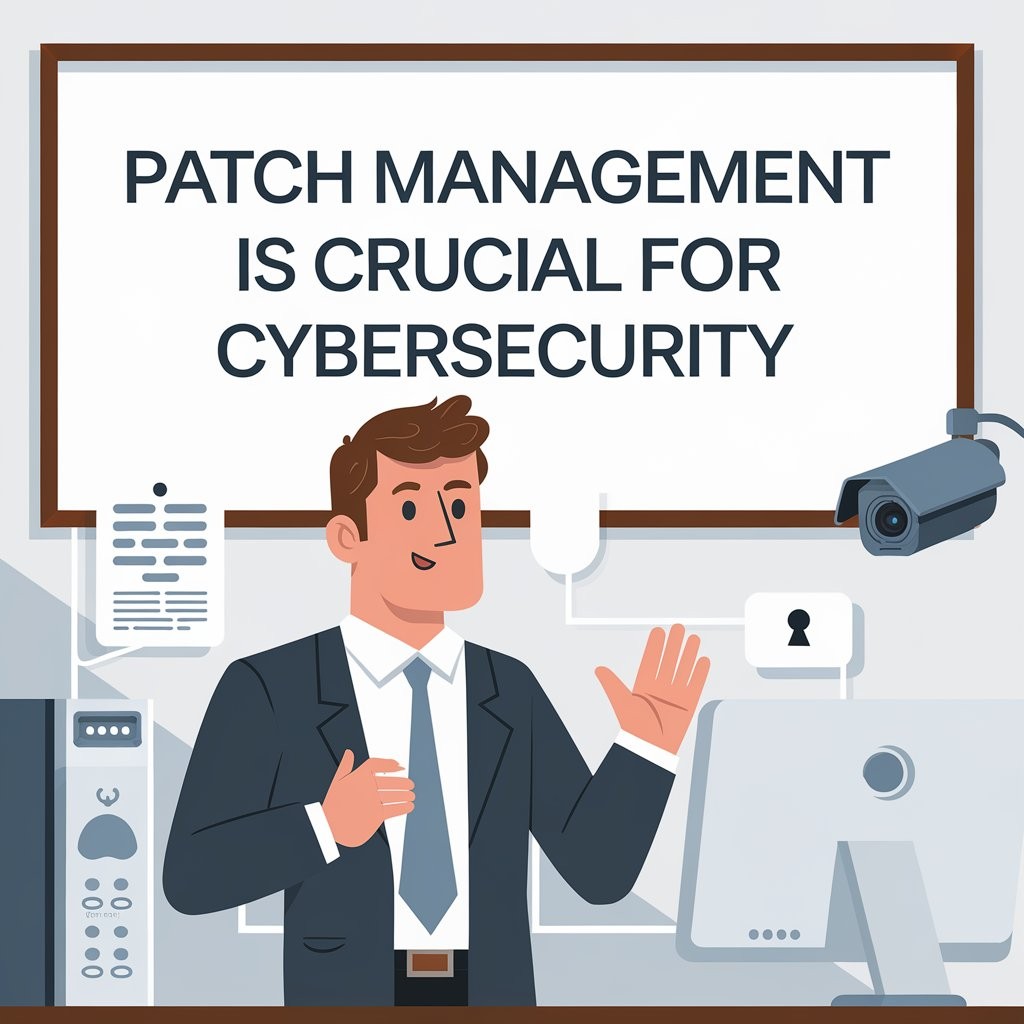UA
7 Min Read
1. Protecting Sensitive Data
Overview: Cloud services host vast amounts of sensitive data, including personal information, financial records, intellectual property, and confidential business communications. Without proper protection, this data is vulnerable to unauthorized access and theft.
How It Helps:
Encryption turns data into an unreadable format, ensuring that only authorized parties with the decryption key can access the data.
Prevents malicious actors from exploiting stolen data, even if they manage to breach cloud infrastructure.
Provides an additional layer of protection for data that’s stored or transmitted over the internet, reducing the risk of exposure.
2. Preventing Data Breaches
Overview: Data breaches have become one of the most significant threats to organizations, often resulting in reputational damage, legal penalties, and loss of customer trust. Cloud services, being shared environments, are particularly susceptible to breaches if not properly secured.
How It Helps:
Encrypted data is much more difficult for cybercriminals to exploit or use, even if they gain access to the underlying storage system.
If an attacker gains unauthorized access to the cloud environment, encryption helps mitigate the risk of the stolen data being useful.
In cases where data is exposed, encrypted data can prevent sensitive information from being misused or sold on the dark web.
3. Compliance with Legal and Regulatory Standards
Overview: Many industries are governed by stringent regulations that mandate the protection of sensitive data. Regulations such as GDPR (General Data Protection Regulation), HIPAA (Health Insurance Portability and Accountability Act), PCI DSS (Payment Card Industry Data Security Standard), and others, require that businesses secure customer and patient data.
How It Helps:
Data encryption helps organizations meet regulatory requirements by ensuring that sensitive data is adequately protected.
For instance, GDPR mandates that data controllers and processors use encryption to safeguard personal data. Non-compliance can result in heavy fines.
By encrypting data, organizations demonstrate their commitment to safeguarding user privacy, reducing the risk of legal consequences and fines.
4. Ensuring Data Privacy
Overview: Data privacy is a major concern for individuals and organizations alike. Encryption ensures that sensitive data remains confidential and only accessible by authorized users.
How It Helps:
Encryption ensures that data cannot be intercepted, read, or altered during storage or transmission.
Prevents unauthorized access by insiders or external parties, thus preserving the privacy of users, customers, and employees.
Even if an employee or contractor has access to the system, encrypted data ensures that it remains secure and private unless the person is authorized to decrypt it.
5. Securing Data in Transit
Overview: When data moves between endpoints (e.g., from an employee’s device to the cloud or between two cloud services), it’s vulnerable to interception and man-in-the-middle attacks, especially when using public networks.
How It Helps:
Encryption protects data in transit by encoding the information, making it unreadable during transmission.
This is particularly important when accessing cloud services remotely, ensuring that data being sent over the internet remains secure.
Techniques like TLS (Transport Layer Security) or SSL (Secure Sockets Layer) encryption ensure that data is protected as it travels across potentially insecure channels.
6. Enhancing Trust with Customers and Stakeholders
Overview: In an age where data privacy and security are significant concerns for consumers, demonstrating a commitment to protecting data can help businesses build trust and loyalty.
How It Helps:
Encrypted data ensures that customers' sensitive information is safe, which can be a competitive advantage in industries like e-commerce, finance, healthcare, and more.
Organizations that utilize strong encryption techniques are seen as more trustworthy, which can enhance their reputation in the marketplace.
Providing transparency about encryption practices can also help build trust with stakeholders, including investors, business partners, and regulators.
7. Reducing the Impact of Data Loss or Theft
Overview: Even with advanced cybersecurity defenses, breaches or data loss incidents can still occur. Encryption helps to minimize the potential impact by making stolen or compromised data useless to attackers.
How It Helps:
Encrypted data makes it extremely difficult for cybercriminals to use or monetize stolen information without the decryption key.
In case of a breach, encrypted data serves as a safeguard, ensuring that the malicious actor cannot easily access, alter, or sell sensitive information.
Encryption, therefore, can mitigate the financial and reputational damage caused by data loss.
8. Protecting Data Across Multiple Cloud Environments
Overview: Many organizations operate in multi-cloud or hybrid-cloud environments, utilizing multiple cloud providers for different services. This creates potential challenges for ensuring consistent data security.
How It Helps:
End-to-end encryption ensures that data remains secure as it is stored and accessed across different cloud platforms.
No matter where the data resides (public cloud, private cloud, hybrid cloud), encryption provides a uniform method to secure it, ensuring that attackers can’t take advantage of weak spots in any particular cloud environment.
Provides seamless security across different infrastructures, simplifying the process of securing data at all stages of its lifecycle.
9. Enabling Secure Cloud Storage and Backup
Overview: Cloud-based data storage and backup are essential for businesses, but they also introduce risks, such as unauthorized access or cloud provider breaches.
How It Helps:
Data encryption ensures that files and backups stored in the cloud are secure, even if the cloud provider’s systems are breached.
When encrypting cloud data backups, organizations can prevent unauthorized users from accessing or tampering with sensitive information, ensuring continuity and disaster recovery without compromising security.
Encryption ensures that backups stored off-site remain secure from physical and virtual threats.
10. Facilitating Secure Collaboration
Overview: In cloud environments, employees, contractors, and partners often collaborate on documents, projects, or data. This collaboration requires secure sharing mechanisms.
How It Helps:
Encryption ensures that shared data, whether it’s a document, email, or project file, is only accessible to authorized parties.
It prevents unauthorized users from accessing or tampering with shared files during transmission or when stored on shared cloud drives.
Helps organizations comply with policies for secure file sharing and external collaboration without compromising confidentiality. audit3aa
Join our newsletter list
Sign up to get the most recent blog articles in your email every week.
You can copy our materials only after making sure that your services are safe.
This site is protected by reCAPTCHA and the Google Privacy Policy and Terms of Service apply.










